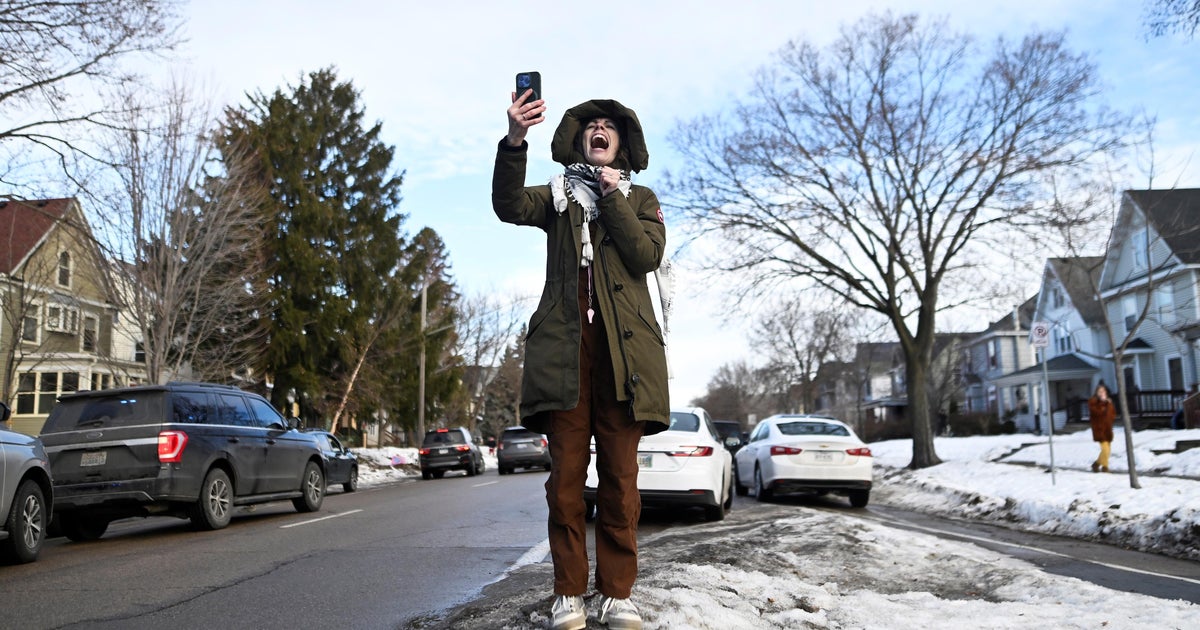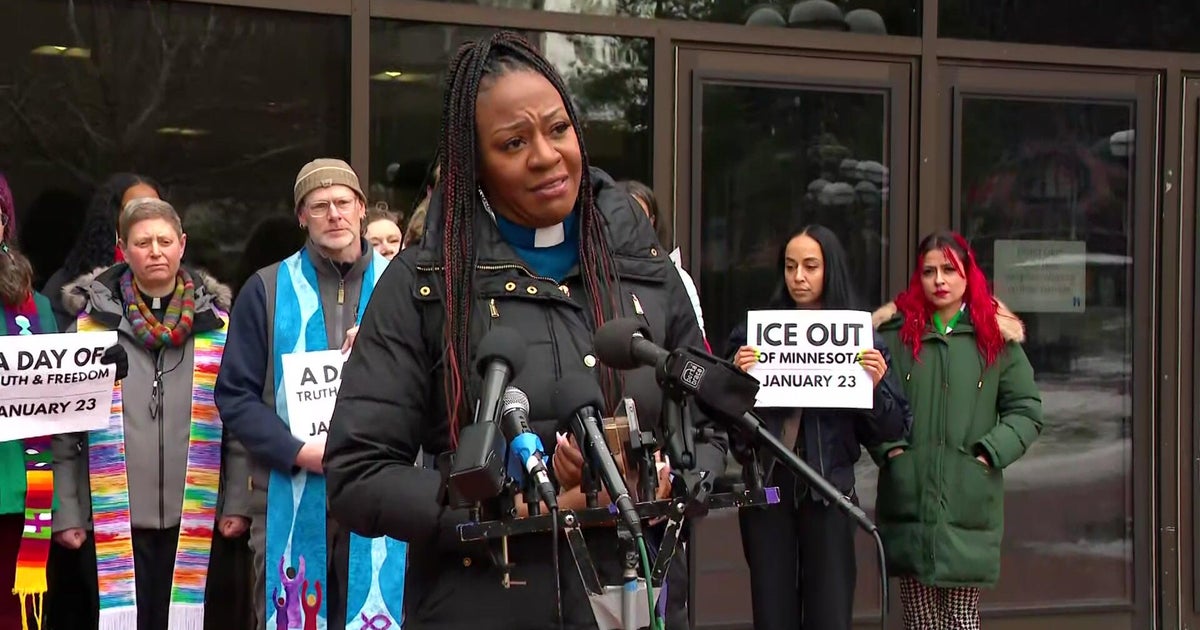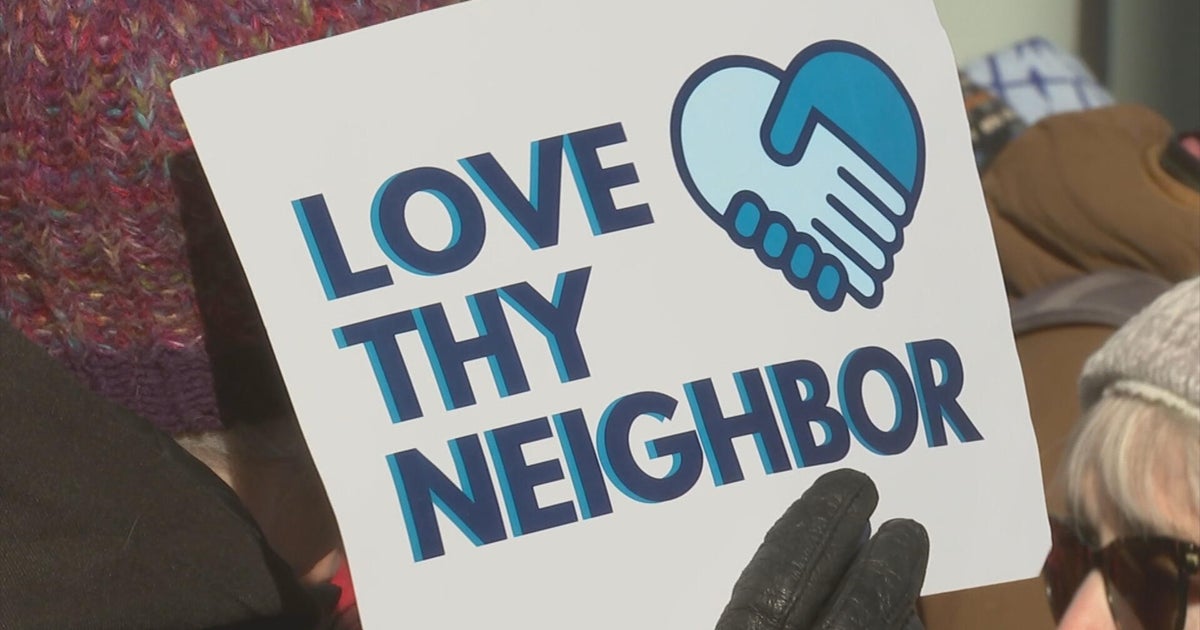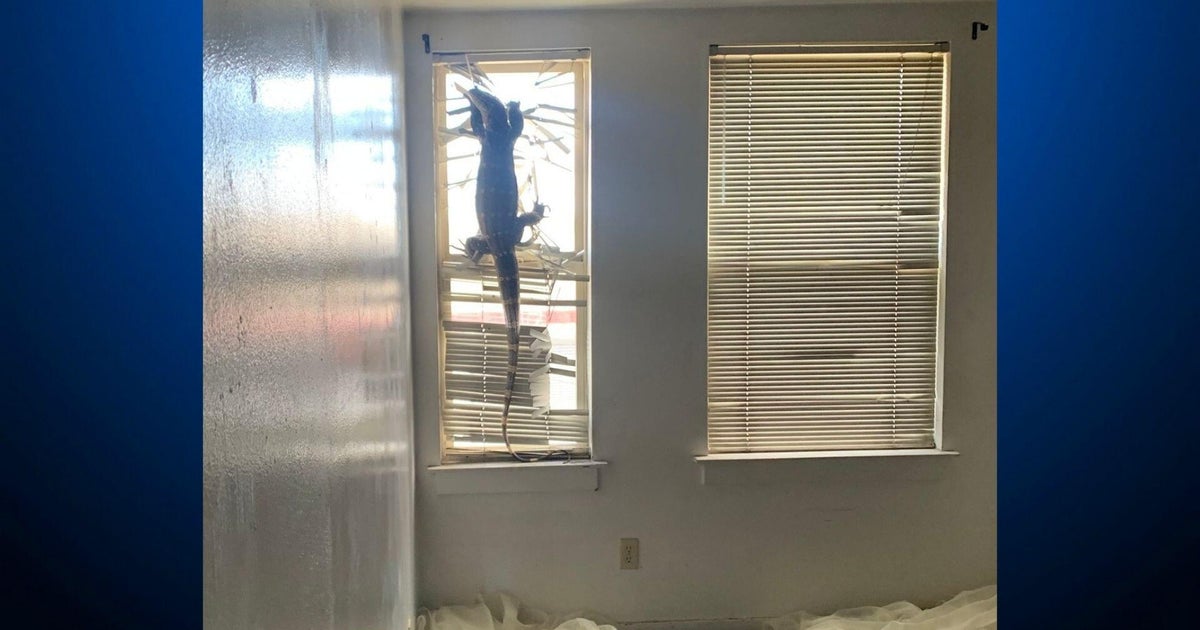Are This Year's Gnats Worse Than In The Past?
MINNEAPOLIS (WCCO) -- The gnats are back and biting in Minnesota. The good news is there's no evidence they can spread COVID-19. The bad news is it's not clear when they'll go away.
They've been keeping the Nyhus family inside for the past week and half.
"I'm not worried," said Natalie Nyhus, who lives near Minnehaha Creek. "They're just annoying, especially since one of our only activities is going outside."
The Metropolitan Mosquito Control District (MMCD) said its early for gnats this spring.
"It's a little different this year," said Alex Carlson with MMCD. "There's a new species of gnat that seems to be more prevalent in Minnesota that hasn't been in Minnesota in previous years."
MMCD has been treating for five species of gnats, but the probably aren't treating for this species. Right now, surveillance crews are out along Minnehaha Creek and Hastings trying to determine the particular species.
MMCD need permission from the Minnesota Department of Resources on where and what species to treat. Carlson said they DNR has been flexible, but MMCD might not be able to treat this species until next year.
That doesn't mean, though, Minnesota will have a gnat problem all summer long.
"The most common gnats are the spring species, so they hatch once in the spring and then start going down. We could be seeing that with this species," said Carlson. "The truth is right now we don't know exactly what we're dealing with."
Carlson said this gnat appears to be more aggressive than other species. Its bites appear stronger. Several people have reported bleeding with their bites. That's because the female gnat needs blood to produce her eggs.
At the Nyhus home, Natalie and her daughter can hardly go outside, while her husband doesn't have a bite.
"Could be the luck of biology," said Carlson. "Sometimes your body gives off scents it's attracted to."
He points out the gnats are also attracted to artificial scents. So, because there's no treatment for the current adult gnats, Carlson recommends wearing a hood, using bug spray, avoiding scents and staying inside during the gnats' peak hours – mid-morning and late afternoon.







